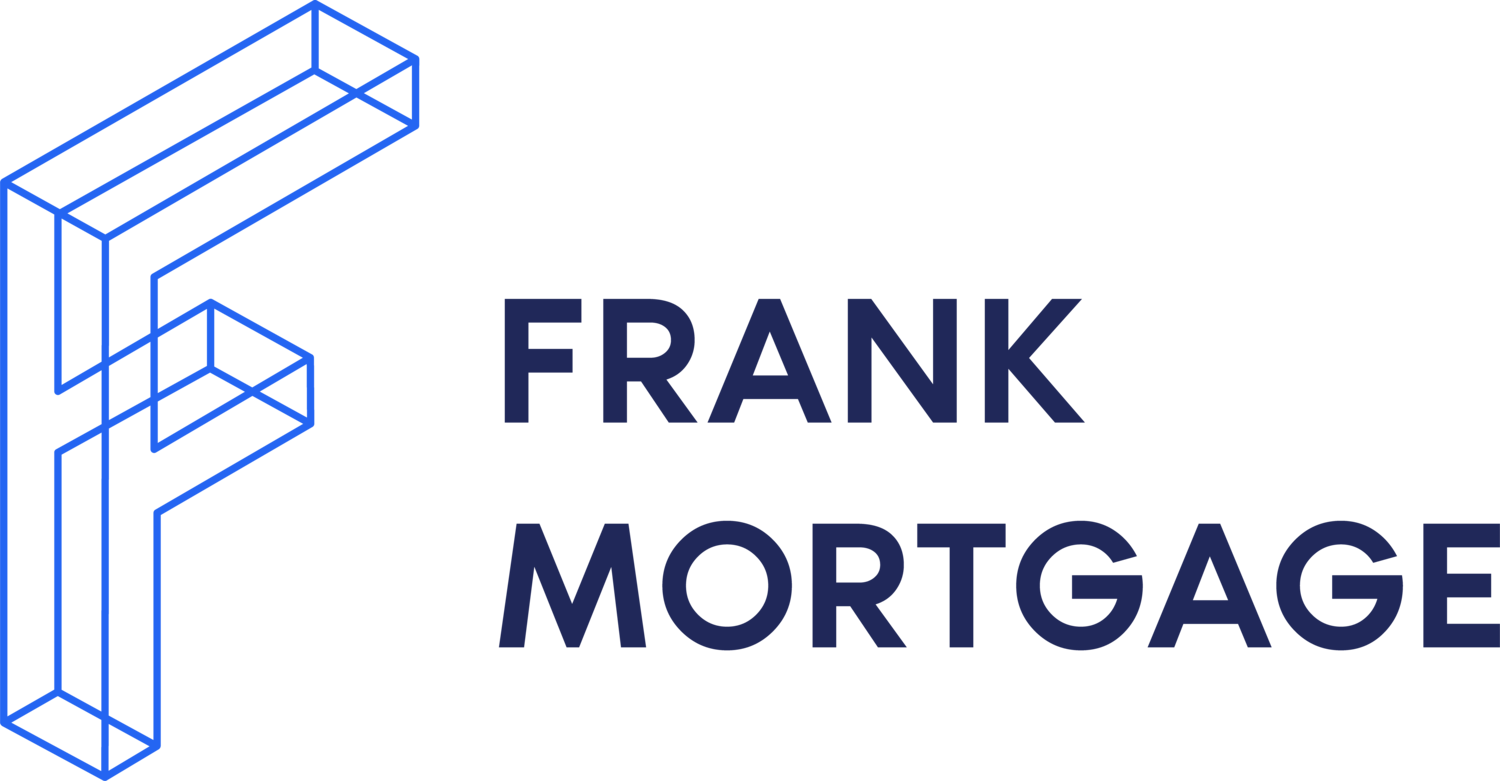Mortgage Portability Explianed
Mortgage portability is a feature offered by some lenders in Canada that allows homeowners to transfer their existing mortgage to a new property without having to go through the time-consuming and often costly process of applying for a new mortgage. This can be a useful option for homeowners who are looking to move but want to keep their current mortgage terms, such as interest rate and repayment schedule.
How Mortgage Portability Works
To use mortgage portability, homeowners must first check with their lender to see if their mortgage is portable and if they are eligible to use this feature. If their mortgage is portable, they can then begin the process of transferring their mortgage to a new property. This typically involves providing the lender with information about the new property, such as its purchase price and location, conducting an appraisal on the new property and providing any other documentation the lender requires.
Once the lender has reviewed this information and approved the transfer, the homeowner can then complete the purchase of their new property using their existing mortgage. This means they can avoid the hassle of applying for a new mortgage, while keeping their existing mortgage terms and interest rate. It will likely be a requirement of the lender that you sell the existing property at the same time that you buy the new one.
Note that you cannot port your mortgage from one lender to another. The mortgage stays with the current lender and is ported to the new property.

Benefits of Mortgage Portability
There are several benefits to using mortgage portability when moving to a new home. Some of the most notable benefits include:
- Avoiding the hassle of applying for a new mortgage - applying for a mortgage can be a time-consuming process, especially if you have to go through it every time you move. Mortgage portability allows you to avoid this process and instead transfer your existing mortgage to your new property;
- Keeping your current mortgage terms - when you apply for a new mortgage, you may not be able to secure the same terms as your current mortgage, such as interest rate and repayment schedule. By using mortgage portability, you can keep these terms and potentially save money on your monthly mortgage payments if rates are currently higher than they were when you got the original mortgage;
- Avoiding pre-payment penalties - some mortgages come with pre-payment penalties if you pay off your mortgage early or refinance. By using mortgage portability, you can avoid these penalties and potentially save money.
Are All Mortgages Portable?
Not all mortgages in Canada are portable. Some lenders do not offer this feature, while others may only offer it on certain types of mortgages or to certain borrowers. Portability is more common as a feature in fixed-rate mortgages than variable-rate mortgages. It is important to check with your lender to see if your mortgage is portable and if you are eligible to use this feature.
An important thing to note for those of you that are shopping for the lowest mortgage rate is that some of the lowest rate mortgages have restrictive provisions. They may not permit prepayments and they may also not allow portability. If you value having these kinds of mortgage features, consult with your mortgage broker to learn which products offer good features as well as low rates.

Portability of Private Mortgage Default Insurance
A mortgage is usually insured if the mortgage is greater than 80% of the property value. If you have an insured mortgage and are considering porting the mortgage, the good news is that the Canadian mortgage insurers allow portability of mortgage insurance. There would be no new premium required, provided the mortgage terms remain the same.
Other Considerations About Mortgage Portability
Fees - there may be fees associated with using mortgage portability, such as legal fees or appraisal fees. It is important to consider these costs when deciding if mortgage portability is the right option for you;
Mortgage size – if you need a larger mortgage for the new house, you can port the existing mortgage and take out a new mortgage for the incremental balance required. The incremental mortgage balance would carry a mortgage rate based on current rates. If you require a smaller mortgage than the existing mortgage you can make a prepayment on the mortgage to bring the balance down but may have to pay a prepayment penalty;
Restrictions - there may be restrictions on the type of property you can use with mortgage portability. For example, your lender may only allow you to transfer your mortgage to a new single-family home, rather than a multi-unit property or a vacation home;
Timing - mortgage portability may not be an option if you have recently refinanced your mortgage or made significant changes to your mortgage terms. It is important to check with your lender to see if you are eligible to use this feature.
In Conclusion
Mortgage portability is a useful feature offered by some lenders in Canada that allows homeowners to transfer their existing mortgage to a new property. It can be a convenient way to avoid the hassle of applying for a new mortgage and potentially save money on your monthly payments. However, not all mortgages are portable, and there may be fees and restrictions to consider. It is important to check with your lender or your mortgage broker to see if your mortgage is portable and if you are eligible to use this feature.
At Frank Mortgage we can give you access to multiple lenders that offer mortgage portability. Simply call us at 1-888-850-1337 or find us at www.frankmortgage.com.
About The Author

Don Scott
Don Scott is the founder of a challenger mortgage brokerage that is focused on improving access to mortgages. We can eliminate traditional biases and market restrictions through the use of technology to deliver a mortgage experience focused on the customer. Frankly, getting a mortgage doesn't have to be stressful.
Related Posts



Mortgage Brokerage Licensed in Ontario (#13204), British Columbia, Alberta, Saskatchewan (#514115), Manitoba, Nova Scotia, Newfoundland & Labrador, and New Brunswick (#230015752).
© Frank Mortgage 2025 | All Rights Reserved



